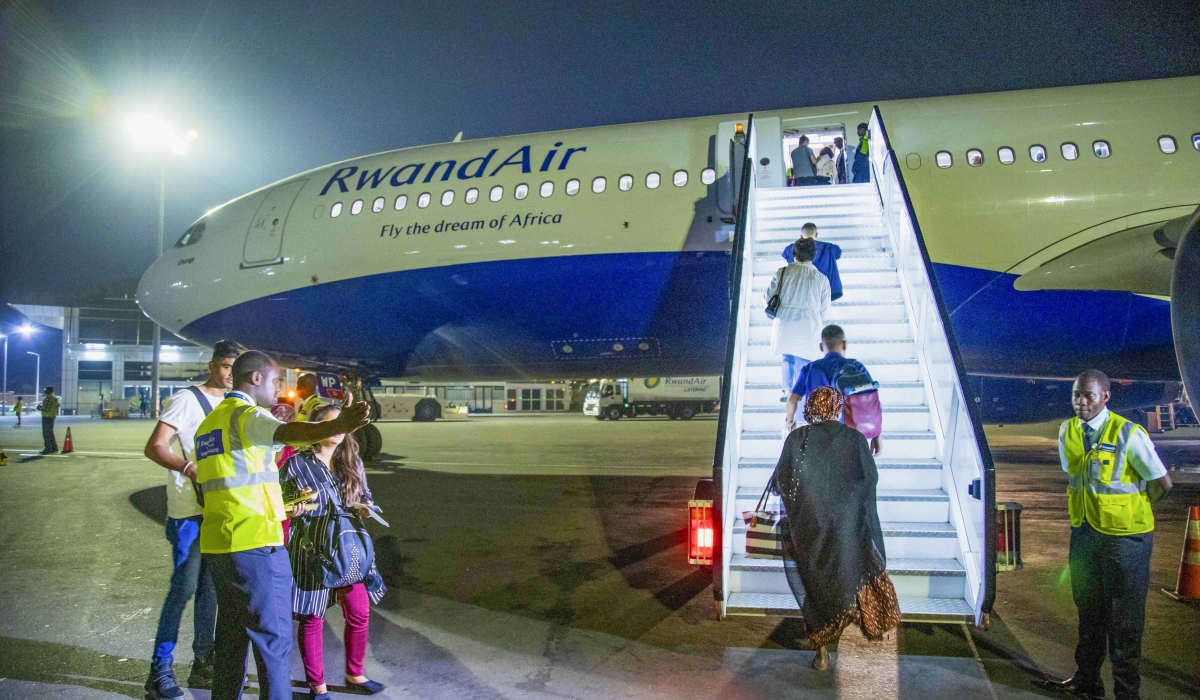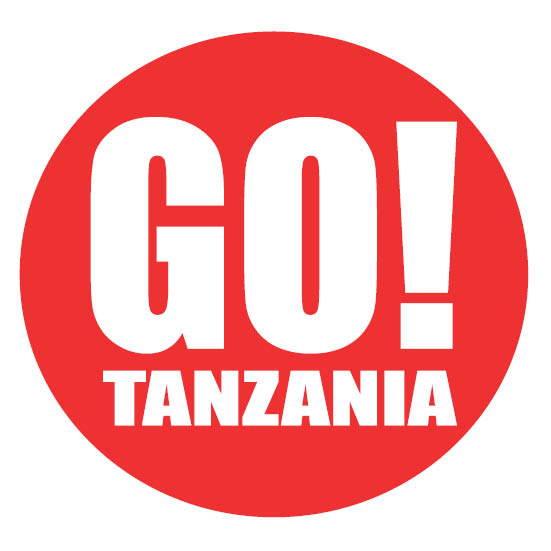
RwandAir targets to double its current fleet within five years, from the current 14 airplanes, in line with sustaining a significant revenue growth it registered in 2023, the airline has revealed.
KIGALI – According to the Rwanda Fiscal Risk Statement (FRS) for the financial year 2024/25, RwandAir was progressively reducing its fiscal risks by augmenting its own revenues.
It pointed out that the airline saw a substantial increase in its total revenues of 82 per cent to Rwf620.6 billion in 2023 from Rwf341 billion in 2022.
Such progress was registered after a drop in revenues from Rwf334 billion in 2019, to Rwf300 billion in 2020, and Rwf271 billion in 2021, according to FSR.
This is the fifth Fiscal Risk Statement of the Government of Rwanda, produced by the Ministry of Finance and Economic Planning (MINECOFIN). It outlines risks with a fiscal impact stemming from various sources and the Government’s mitigating measures to reduce the impact.
The two years when the dip in the airline’s revenues occurred reflect the Covid-19 pandemic that shook the travel and tourism industry.
What contributed to RwandAir’s revenue increase?
RwandAir CEO Yvonne Manzi Makolo told The New Times on September 2 that since the pandemic [Covid-19], the airline “has seen an exceptional level of growth.”
“IATA projections show demand for air travel tripling in the next 20 years. The potential for growth is therefore enormous. Our recent growth is down to three key factors: Rwanda’s tourism boom, investment in cargo and our growing Kigali hub”.
RwandAir has been a key driver of Rwanda’s tourism growth with our extensive network, connecting Africa to the world with our highly successful European and Middle Eastern routes,” she pointed out.
“The airline has become key to the government’s ambitious tourism plans; the country saw over 1.4 million tourists arrive in 2023, almost triple that of 2021. In addition to our traditional tourists visiting the national parks and cultural sites, Kigali is now the second-most popular city for conferences after Cape Town in Africa. This tourism growth is very much down to our connections,” Makolo remarked.
RwandAir, she said, has opened Kigali up to the world, making it more accessible than ever before.
Beyond tourism, Makolo pointed out investment in RwandAir’s cargo is key to its business growth “becoming a strong priority for us in 2023 and beyond.”
“Cargo growth is in line with the country’s strategy of opening Rwanda to the outside world through trade. Earlier this year, RwandAir launched two new cargo routes to Dubai and Djibouti with the hope of announcing many more in the future with some new aircraft deliveries to match this growth,” she indicated.
“The extensive cargo network allows us to deliver fresh produce to Europe, the Middle East and Africa, and import vital goods such as mechanical parts and pharmaceuticals on the return,” she added.
As the airline develops its Kigali hub, she said, its revenue has increased with the rise in transit traffic.
“While we commence the construction of our new international airport, the current hub in Kigali has grown to become a significant regional base since the pandemic. Now, over 60% of our traffic comes from transit passengers. We have consequently increased our European frequencies as we successfully connect Africa to the world, beginning our daily flights from London in May 2024,” she said.
Efforts to sustain the achieved growth
Makolo said “we are committed to becoming a major African hub, providing connections across our continent. While our growth will be organic, we expect to double our fleet over the next five years as we offer more convenient connections to our wide range of short- and long-haul services.”
According to information from RwandAir website, the airline has a fleet of 14 aircraft that comprises four Boeing 737-800NG, two Boeing 737-700NG, two CRJ900NG, two Bombardier Q-400NG all in dual class configuration, and two new triple class Airbus A330.
Looking to the future, she said, RwandAir’s expanding route network is constantly looking to reach new markets, demonstrating its ongoing commitment to inward investment and fostering improved relations with business partners.
“In addition to our regular intra-African services, we are looking to expand into markets that generate growth across our continent. Exploring new commercial opportunities is part of a carefully controlled plan to drive travel, tourism, and trade,” she pointed out.
Source: The New Times



